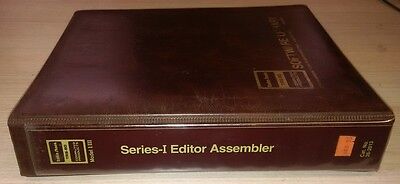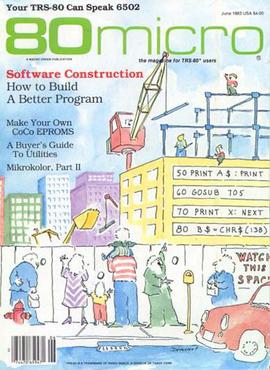How I became a software engineer, 8-bit version

You could say Z-80 assembly language is what really turned me into a software developer.
My first programming language was BASIC, which was built into my first computer (a TRS-80 Model III). I wrote a lot of BASIC code, including arcade-style games (compiled BASIC — you can still play them on this TRS-80 Model III Emulator).
I always wanted to keep learning. There was no World Wide Web for research and nobody I knew could guide me, so we went to Radio Shack and asked them how else I could program the computer. They sold us the Editor/Assember package.


